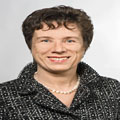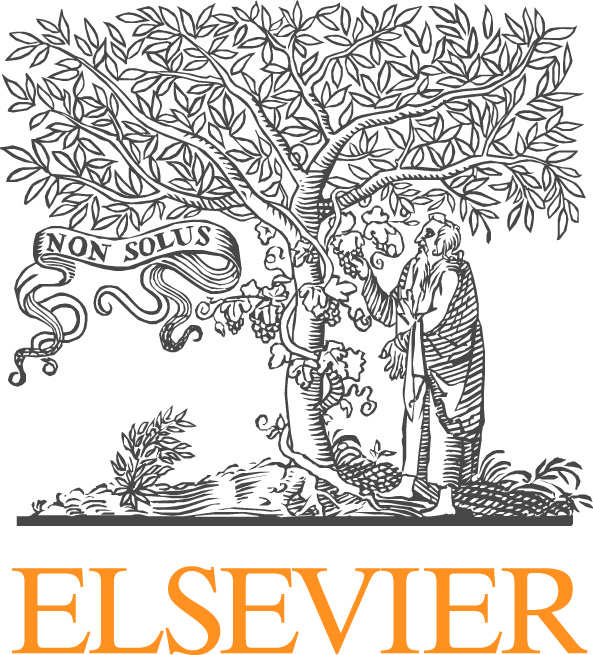
Dimension Reduced Models in Applications and Analysis
Abstract: Dimension reduced partial differential equation (pde) systems play an important role in the mathematical modelling of physical effects on different scales, e.g., fractures of co-dimension one in porous media systems, networks of co-dimension two or point sources. Although these simplified models seem to be very attractive from the computational point of view, for coupled problems they result in a solution of reduced regularity. From the mathematical point of view, transmission problems with piecewise smooth solutions or pdes in a distributional sense with singular solutions arise. Standard remedies to handle these type of problems are XFEM approaches or graded meshes, both techniques result in extra implementational work and computational cost. Here we show that simple energy correction schemes remove the pollution effect in case of corner singularities and heterogeneous coefficients. Moreover the accuracy of coupled systems of different dimensions is not influenced by a poor local resolution of the solution.
Biography: Barbara Wohlmuth works on the numerical simulation of partial differential equations. Her special focus is on advanced discretization techniques, a posteriori error analysis and mesh adaptivity, multi-scale iterative solvers, variational inequalities in analysis and applications and the mathematical modeling of coupled multi-field problems. Interdisciplinary cooperations with engineers from hydrodynamics and structural mechanics play an important role for her group.
She studied mathematics at the Technische Univerisität München (TUM) and the University of Grenoble. She completed her PhD in 1995 at TUM and her Habilitation in 2000 at the University of Augsburg. As a PostDoc she stayed at the Courant Institute of Mathematical Sciences at New York University, and as a visiting professor in France and Hong Kong. In 2001 she accepted a full professor position for Numerical Mathematics at the Universität Stuttgart and in 2010 after declining several offers, e.g., from Berlin, Munich and Darmstadt, her current position at TUM. She served as a member of the Executive Board of the Association of Applied Mathematics and Mechanics (GAMM), of the General Council of the IACM, of the Editorial Board of SIAM Journal on Scientific Computing, of the Executive Board of Directors of the Excellence Cluster SimTech at the Universität Stuttgart. Actually she serves as Chair of the Advisory Board of the Weierstrass Institute for Applied Analysis and Stochastics, is a member of the Scientific Advisory Board of the Central Institute for Scientific Computing of the Friedrich-Alexander University Erlangen-Nuremberg, of the Editorial Boards of Computational Mechanics, Zeitschrift of Angewandte Mathematik und Mechanik, Numerische Mathematik, Mathematical Modelling and Numerical Analysis, IMA Journal of Numerical Analysis and SIAM Journal on Numerical Analysis. She acts as a reviewer for several national research foundations, such as, e.g., the French Research Agency, the German Research Foundation, the Swiss National Science Foundation, the Vienna Science and Technology Fund and the European Research Council.
In 2012 she was awarded the prestigious Gottfried Wilhelm Leibniz Price of the German Research Foundation (DFG). She is elected member of the DFG Review Board 312 for Mathematics and is elected member of the Bavarian Academy of Sciences.











